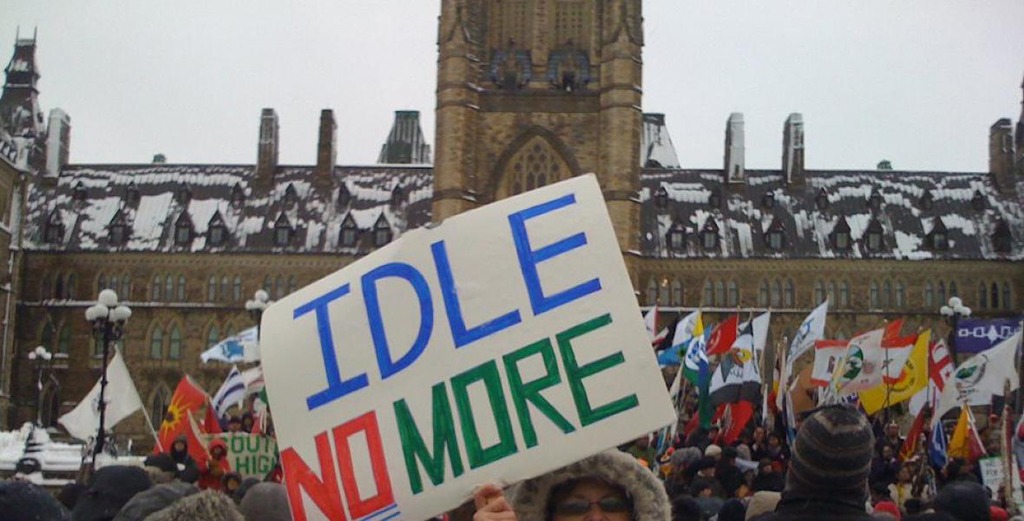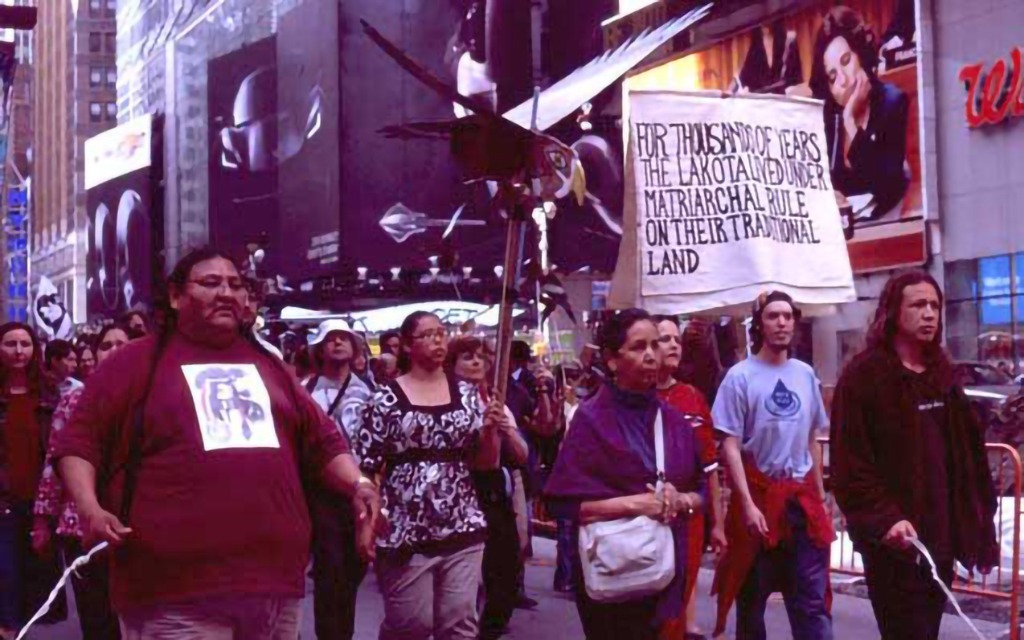
Idle No More Bill Breakdown
Idle No More Bill Breakdown
Idle No More Bill Breakdown – Discover a powerful analysis of the Harper Government’s bills impacting First Nations, including treaty violations, land grabs, and sovereignty threats. This detailed breakdown highlights the urgency of understanding these changes and their consequences. A must-read to stay informed and take action.

Idle No More Bill Breakdown: What You Need to Know About Harper Government Policies
The Idle No More movement has been a powerful voice for First Nations communities in Canada, fighting against policies that undermine Indigenous sovereignty, treaty rights, and the environment. At the heart of this movement lies the Harper Government’s proposed legislative changes, which include eight bills designed to alter the landscape of Indigenous governance and rights. This breakdown sheds light on these bills, revealing their potentially devastating impact.
The Historical Context: Echoes of the 1969 White Paper
The Harper Government’s legislative actions bear striking similarities to the 1969 White Paper, which sought to:
- Eliminate the Indian Act,
- Erase treaty rights,
- Dissolve reserve lands, and
- Assimilate First Nations into mainstream Canadian society.
These bills represent one of the most significant encroachments on First Nations rights in modern history.
Key Bills and Their Implications
1. Bill C-45: Jobs and Growth Act (Omnibus Bill)
This bill dramatically alters land surrender processes, allowing small groups within a band to surrender reserve lands with minimal consultation. It also shifts authority over navigable waters, paving the way for provincial control and increased resource extraction without treaty obligations.
2. Bill S-2: Family Homes on Reserve and Matrimonial Interests or Rights Act
For the first time, this act enables non-Indigenous individuals to claim property rights on reserve lands. It also overrides First Nations by-laws, undermining community autonomy and threatening land ownership integrity.
3. First Nation Education Act
This bill imposes provincial education standards on reserves, disregarding treaty rights to education. It also withdraws federal funding obligations, leaving communities underfunded and dependent on provincial systems.
4. Bill S-212: First Nations Self-Government Recognition Bill
This bill introduces privatization of reserve lands, mirroring the U.S. Dawes Act, which led to massive land losses for Indigenous people. Community-held lands would be divided, allowing sales to non-Indigenous buyers.
5. Bill S-8: Safe Drinking Water for First Nations
While addressing water quality, this bill shifts costs to First Nations without adequate funding. Failure to comply could result in penalties or loss of funding, placing additional burdens on already underfunded communities.
6. Bill C-428: Indian Act Amendment and Replacement Act
This bill seeks to repeal the Indian Act without adequate consultation, risking treaty rights and protections against provincial laws. It threatens to accelerate resource development at the expense of Indigenous sovereignty.
7. Bill C-27: First Nations Financial Transparency Act
This bill mandates public disclosure of financial records, including revenue from Indigenous businesses, potentially justifying further federal funding cuts. It overlooks the already low corruption rates among First Nations leadership.
The Bigger Picture: Resource Extraction and Sovereignty
These legislative changes align with efforts to open Indigenous lands for resource extraction projects, including pipelines, tar sands, and mining. By bypassing the duty to consult, the Harper Government effectively weakens Indigenous resistance to corporate and provincial interests.
A Violation of International Rights
These bills contravene Articles 18, 19, and 20 of the United Nations Declaration on the Rights of Indigenous Peoples (UNDRIP), which uphold free, prior, and informed consent for actions affecting Indigenous lands and rights.
Idle No More: Standing Against Injustice
The Idle No More movement continues to rally against these unjust policies, calling for awareness, solidarity, and action. The breakdown of these bills underscores the need for Canadians and the global community to stand with First Nations in their fight for justice, sovereignty, and environmental protection.
Join the movement. Learn more at Idle No More.
References and Further Reading
- Idle No More Bill Breakdown | Ratings: 0 | Views: 57,894 | Likes: 30 | Published by James1572 | IDLE NO MORE | Www.Scribd.Com





Thanks for sharing!
You’re welcome!